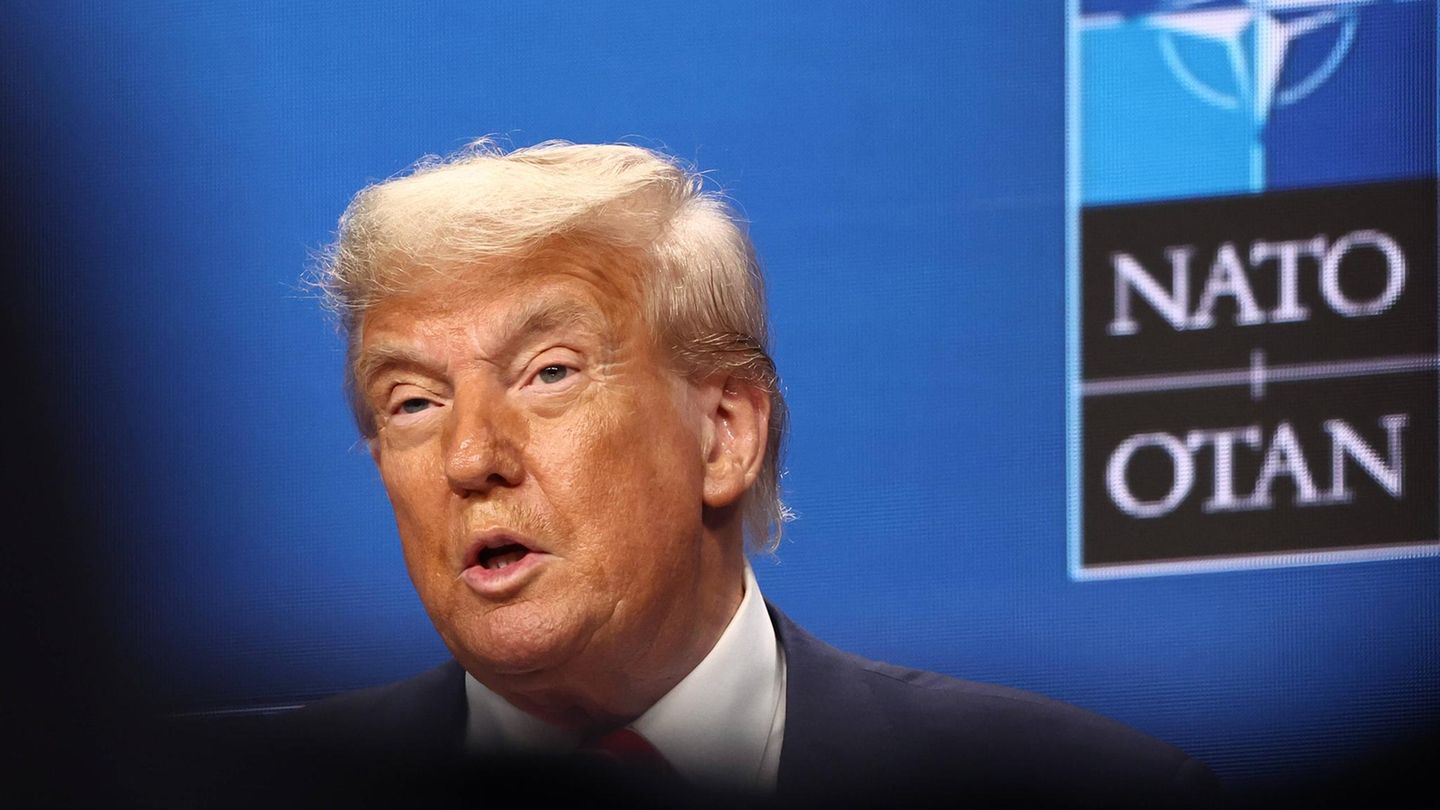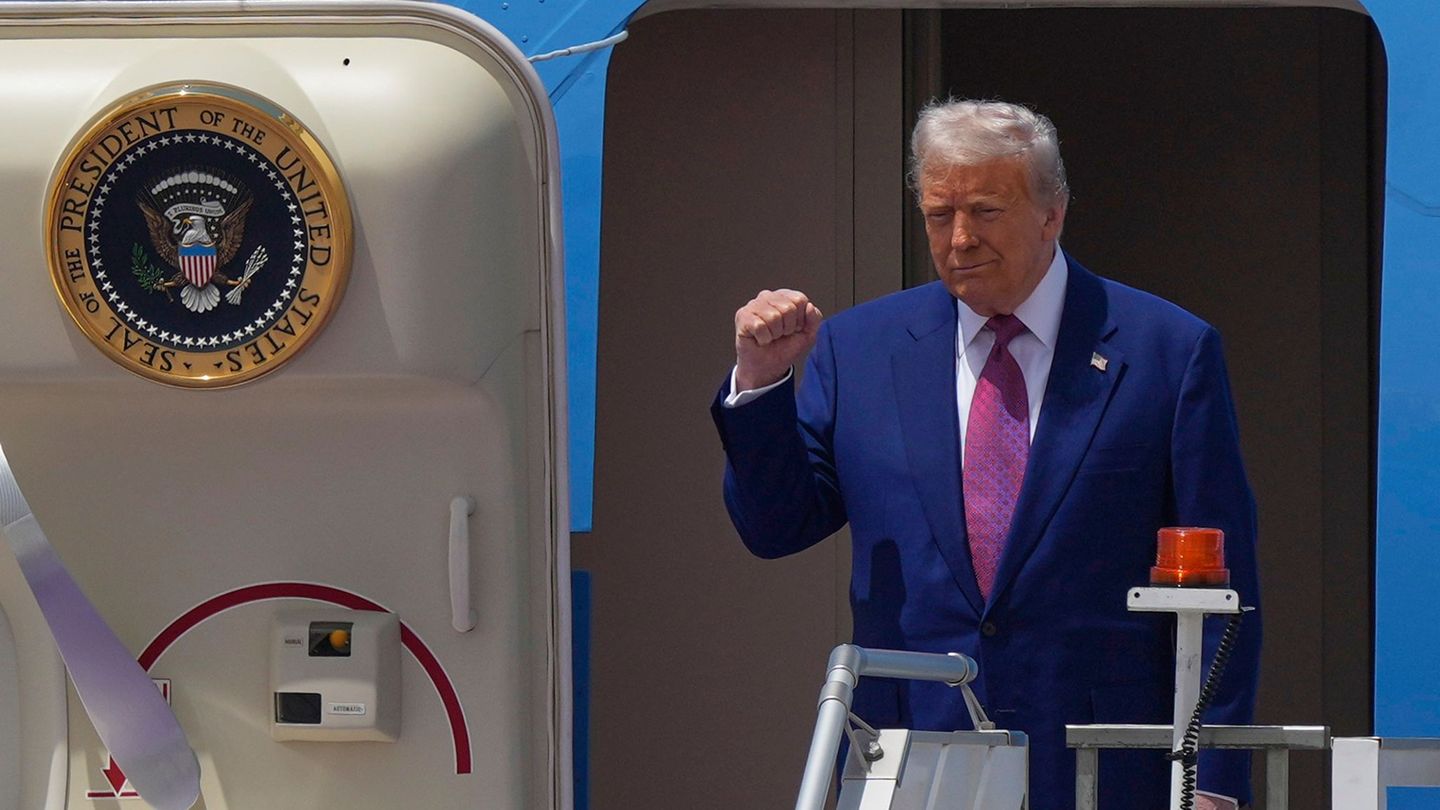He Central Bank of Uruguay (BCU) expanded the regulation on transactions that may be associated with gambling and illegal betting, in a strategy to consolidate the payment system national into one that is not only more youthful and efficient, but also safer.
Through the updating of current regulations, the BCU extended to the Payment and Collection Service Providers the scope of the regulatory framework aimed at preventing transactions associated with illegal gambling and betting from being generated through its services.
The extension of the regulations consisted of an addition in the fourth part of the Book IX of the Collection of Payment System Standards Article 171.1 (Prohibitions): “Payment and Collection Service Providers must have adequate prevention mechanisms to prevent money transactions associated with gambling and illegal betting of any kind from being channeled through them.”
This modification was already applied to the Electronic Money Issuing Institutions (EMIEs)with the aim of contributing to the protection of users, and will now also begin to apply to payment and collection service providers.
Advances in the Rapid Payment System
In parallel, the BCU continues working so that the country has a fast payment systemwith the aim of adding efficiency to the commercial sector and ease in citizen transactions. In this plan, the next step is the QR code payments in the shops, as the vice president of the bank announced, Washington Ribeiro.
Within the framework of the fifth annual meeting of the FintechLAC Network: “The future of digital financial inclusion in Latin America and the Caribbean”, organized by the Inter-American Development Bank (IDB) in Bogota Colombia); Ribeiro highlighted the path that the BCU has been carrying out in the modernization of the country’s payment system, highlighting the progress established in the 2020 – 2022 and 2025 – 2025 roadmaps, which have already been implemented.
Regarding the agenda for Uruguay count on a Fast Payment Systemthe vice president of the BCU He stressed that this instrument will make payments more efficient, competing with traditional electronic means.
“What it seeks, among other things, is to give greater strength to the debit operations“that the money reaches merchants faster and at a lower cost,” he said.
To this end, Ribeiro mentioned that work is being done to make it possible for citizens to make payments with their cell phone, simply by scanning a QR code, in shops, restaurants and other places where different services are provided.
Source: Ambito




